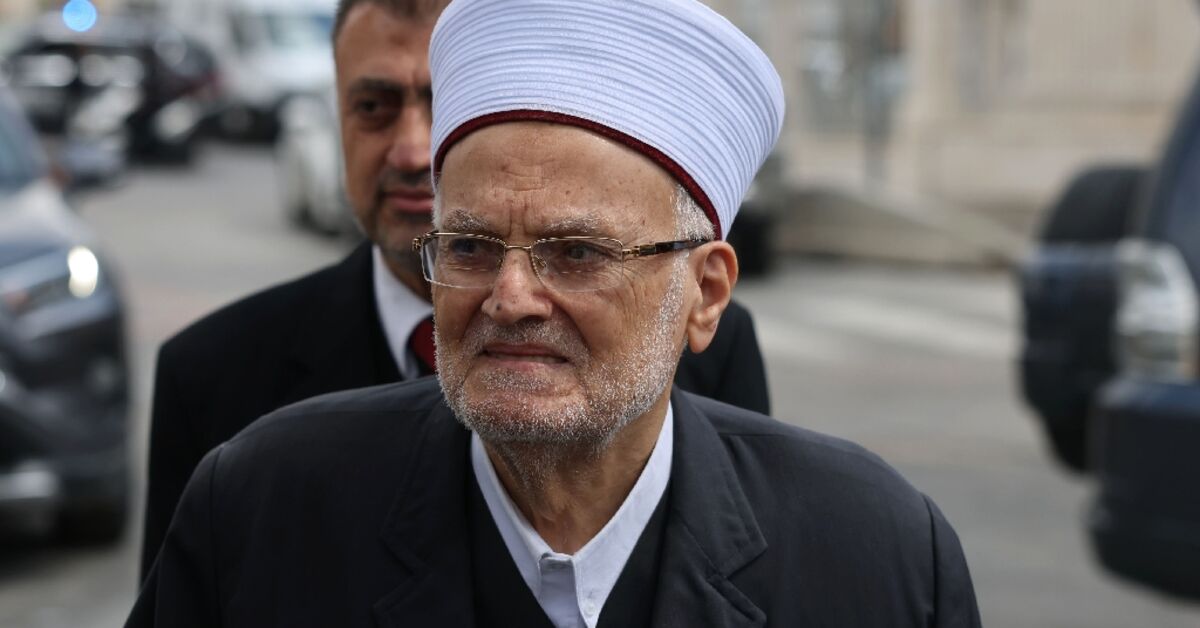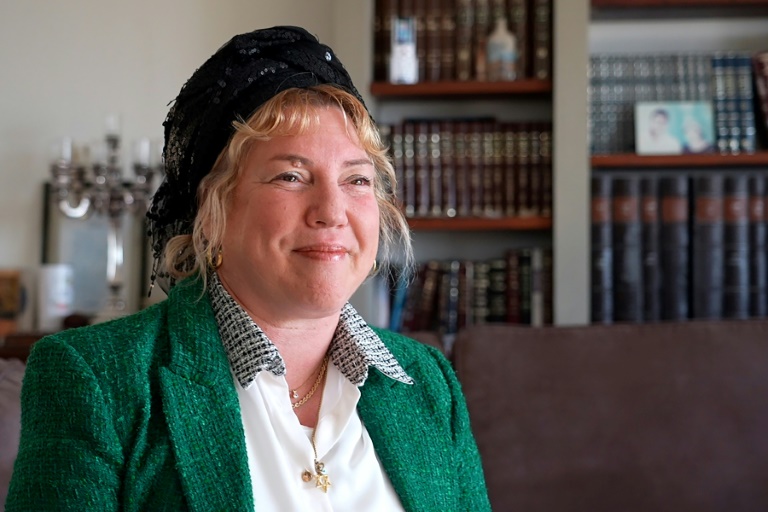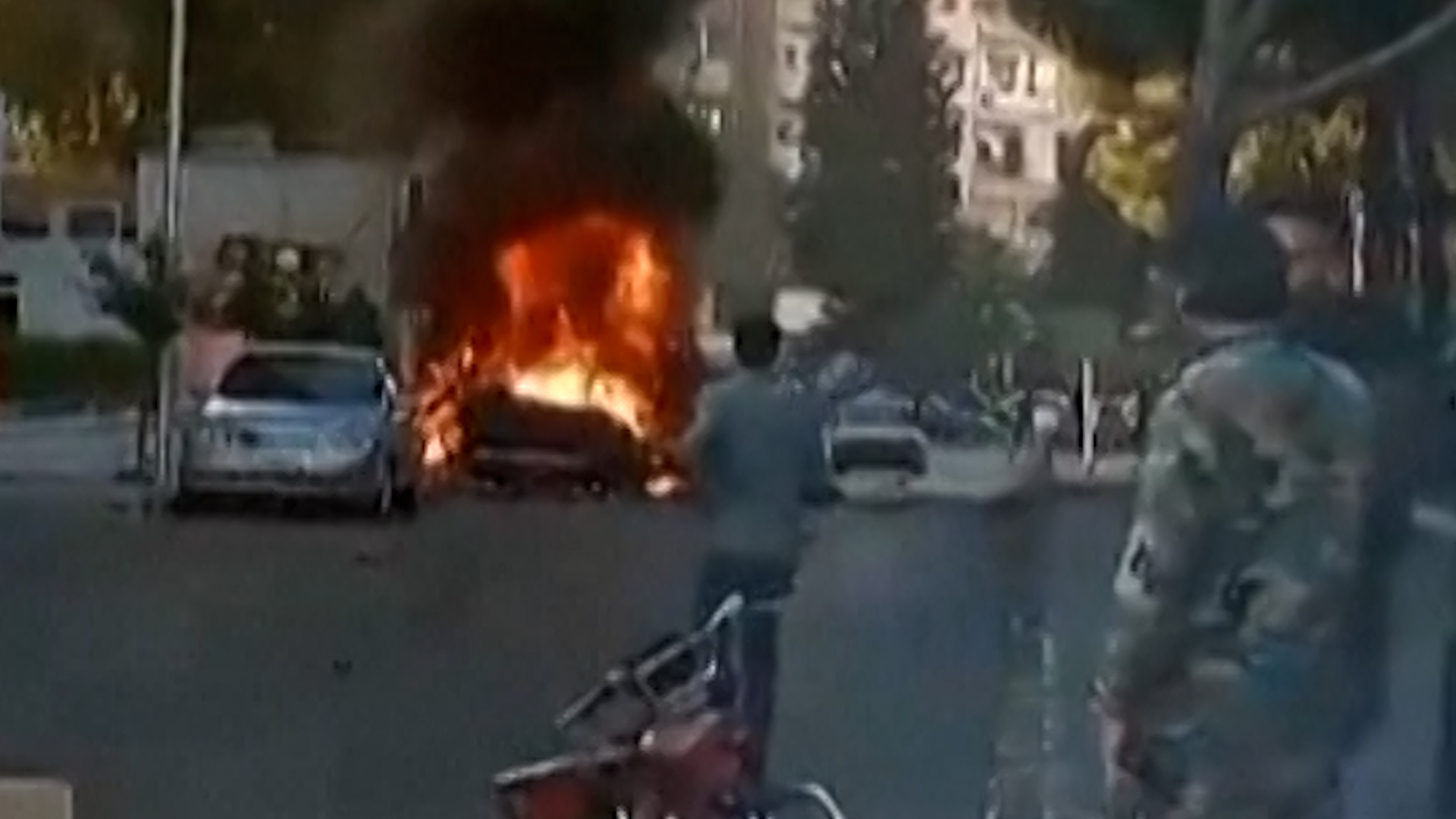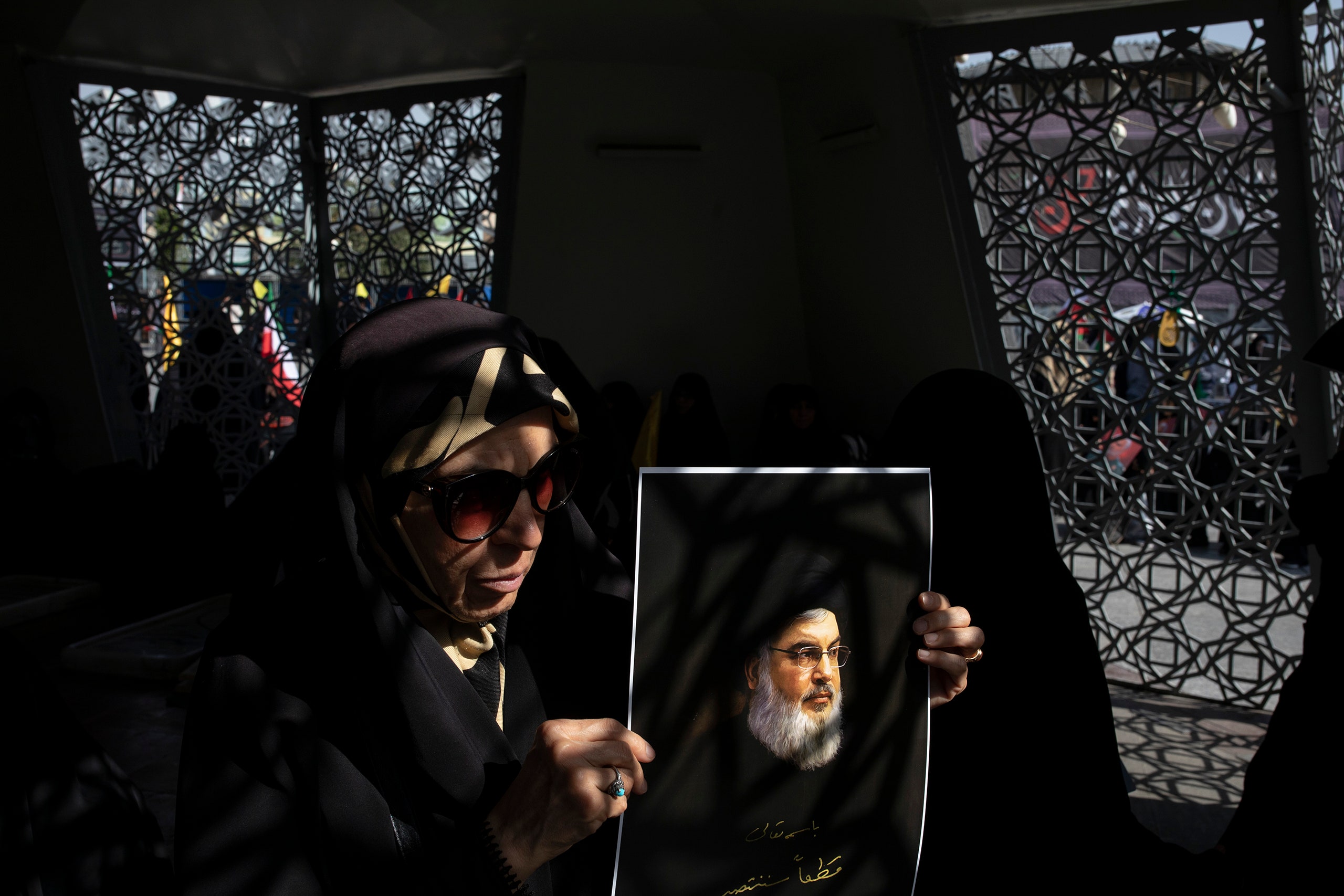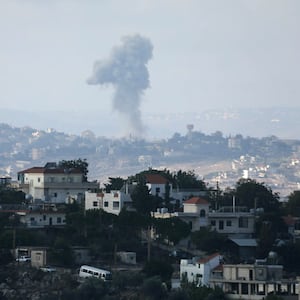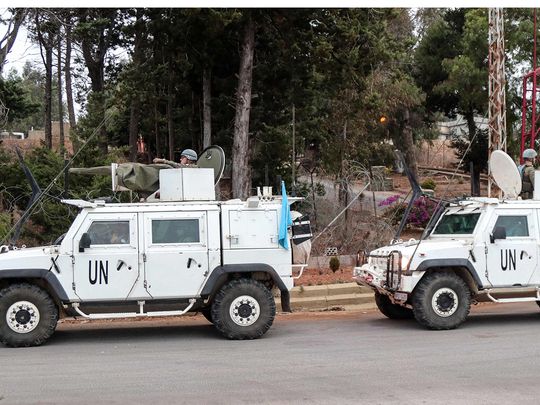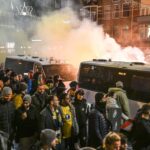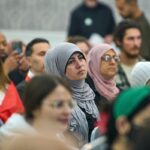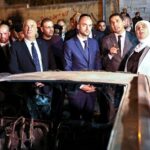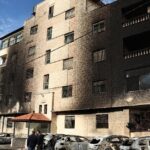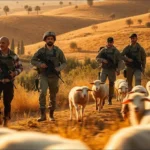A senior Muslim cleric was detained on suspicion of inciting “terrorism” on Friday after he mourned slain Hamas leader Ismail Haniyeh at Jerusalem’s flashpoint Al-Aqsa Mosque, his lawyer told AFP.
Sheikh Ekrima Sabri, 85, the former grand mufti of Jerusalem and current head of its Supreme Islamic Council, called Haniyeh a “martyr” in his sermon at the mosque in Israeli-annexed east Jerusalem, the lawyer said.
Haniyeh was killed in Tehran early on Wednesday in an attack that Iran and the Palestinian group blamed on Israel. Israel has not commented on Haniyeh’s death.
You may be interested
“(Sabri) is currently in Al-Maskobiya (police compound) under investigation on suspicion of inciting terrorism, because he mourned Ismail Haniyeh during the Friday sermon and described him as a martyr,” his lawyer Hamza Qatina said.
Israeli police, without naming Sabri, said they had “opened an investigation into an imam suspected of making inciting statements and supporting terrorism during a sermon given (on Friday)”.
Sabri was charged with inciting terrorism in June for allegedly praising Palestinian gunmen who killed four Israelis, including a soldier, in October 2022.
At the time, he denounced a “fabricated” campaign against him.
A man in his twenties was also arrested for making “inciting statements” during Friday’s prayers, the Israeli police statement added.
The Al-Aqsa Mosque compound is Islam’s third holiest site and a Palestinian national symbol.
But it also revered by Jews as the Temple Mount, the site of the ancient temple destroyed by the Romans in 70 AD.
Jews are allowed to visit the mosque compound but are forbidden from praying there, a restriction increasingly flouted by hardline religious nationalists in recent years.
Last month, far-right National Security Minister Itamar Ben Gvir told a symposium at the Israeli parliament that he had prayed in the mosque compound just the previous week.
Israel captured east Jerusalem in the Arab-Israeli war of 1967 and swiftly annexed it in a move never recognised by the international community as a whole.
The Palestinians claim the city’s eastern sector as the capital of their future state.

